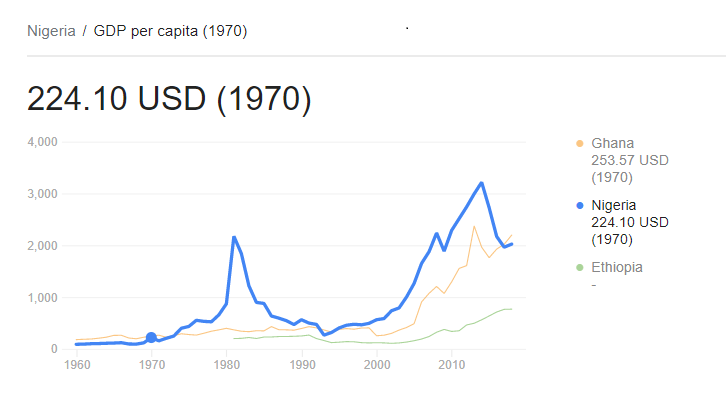Overview
Eleme Local Government Area is one of the most industrialized towns in Nigeria. It needs to automate its sources of revenue. According to the Nigerian Ports Authority (NPA), the country has six seaports: Apapa and Tin Can in Lagos, the Onne and Port-Harcourt Ports, the Warri Port, and the Calabar Port. These six towns have their unique problems and as such require unique solutions. Andoni and Khana Local Government Areas in Rivers State, for example, will have no need to generate revenue from cargo. This is because they do not suffer from the negative influence of shipping activities on their immediate environment.
Apart from the Onne Port Complex in Eleme, there is the Indorama Petrochemical and the Port Harcourt Refinery. Eleme as a town with these industries has its challenges. The influx of people, light and heavy vehicles, and business activities brings a lot of negative social-cultural, environmental and health impacts to our communities. The Eleme Local Government Council must put in place effective and automated revenue collection systems. These systems will generate the income needed for infrastructural and service development to counter the problems that come with industrialization.
Negative impacts of industrialization
Social-cultural
As people move into our communities, the social demography of our town changes. Consequently, the good, the bad, and the ugly all come to Eleme. As a result:
- Crime rate increases. With automated revenue collection sources, the Eleme Local Government will be able to better support the security agencies to fight crime with donations of vehicles, communication tools, and other gadgets required to safeguard the life and properties of the people. This is the primary role of the government and the police.
- Loss of cultural heritage and identity of the people due to high population growth. The council needs revenue to invest in our schools that the children of all citizens of Eleme and those doing business in Eleme will also attend. The council also needs revenue to invest in programs that will safeguard the Eleme language which is threatened by high immigration.
Environmental
Industrial activities negatively affect the environment in the form of pollution and ecological degradation. Accordingly, you see trucks parked along the roads, causing heavy traffic and defacing the natural look and beauty of our community. Additionally, other negative environmental impacts include:
- Damages on road infrastructure affect the quality of the roads and the safety of other users. As the major roads in Eleme are damaged, our internal roads are heavily utilized and experience frequent breakdowns and the local government spends extensively to fix potholes and maintain our roads.
Health
All these industrialization activities damage the health of our people thereby reducing the lifespan of an average Eleme person to 40 years due to:
- Pollution, noise, air, gas, and less green spaces/environment
- Busy and less healthy lifestyles of residents due to industrial activities and pollution
- Easy spreading of the virus/diseases. For example, Onne was one of the towns in Rivers State to be locked down during the Covid-19 pandemic
- The Eleme Local Government needs to build hospitals to cater for our basic health needs. The council needs to invest heavily in parks and green spaces to improve the mental health of the people.
Federal Revenue Allocation
The current model of the federal revenue allocation ineffectively allocates insufficient funds to the Eleme Local Government. The council lacks the funds to counter the negative effects of industrialization activities on the Eleme People. Furthermore, the Local Government does not benefit from whatever bodies or agencies are collecting revenues on the wharf road from the cargo activities in Eleme Local Government Area.
Conclusion
In conclusion, social-cultural, environmental issues, congestion, pollution, air or gas emissions, noise, dust, odor, safety, health and security issues, and other impacts due to industrialization are key disadvantages in the relationship between the industries in Eleme and thus the Council must automate sources of revenue to be able to govern and invest in its communities effectively.









